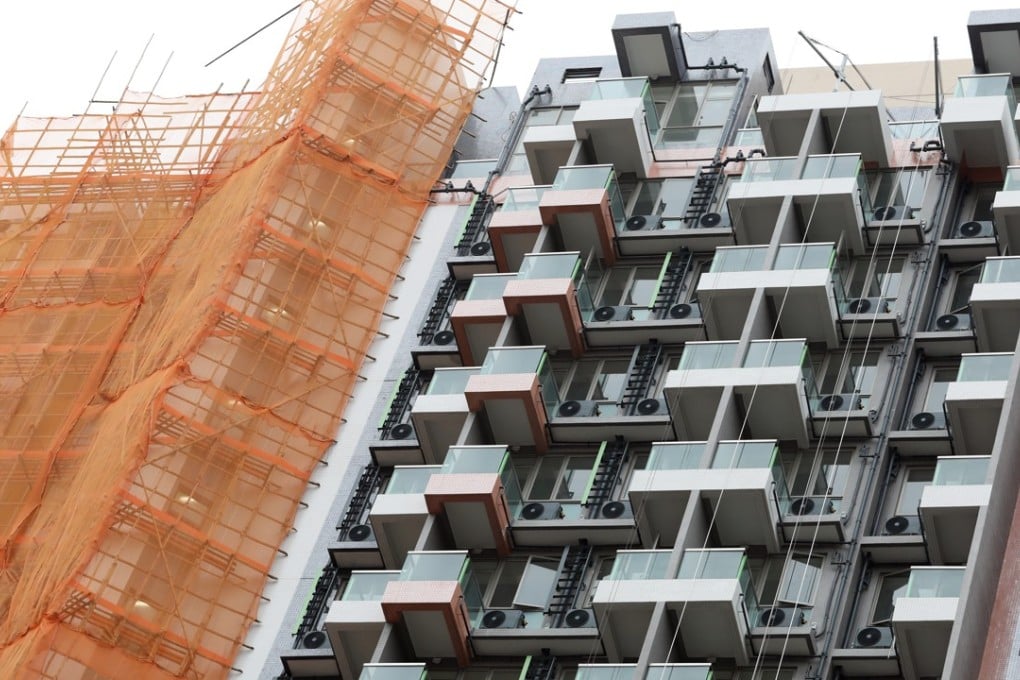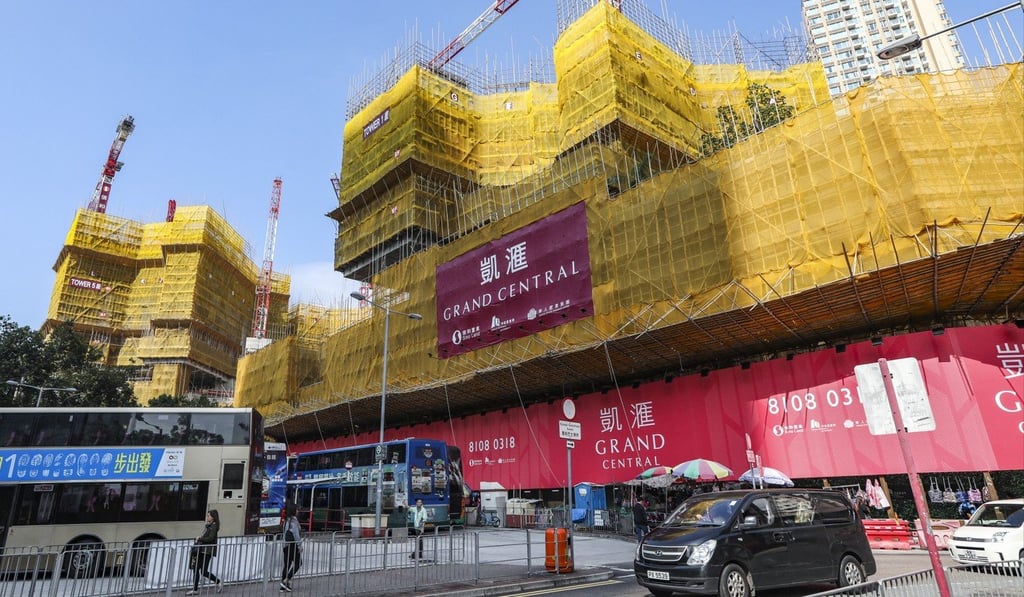Hong Kong micro flats will bear the brunt of price slump, says CK Asset executive
- Prices for tiny flats are expected to tumble as much as 30 per cent, compared with 10 per cent to 20 per cent for overall residential market

Micro flats, once all the rage in Hong Kong because of their affordability, would bear the brunt of the city’s property price slump, said an executive of CK Asset Holdings, one of the city’s biggest developers.
Executive director Justin Chiu Kwok-hung forecast that prices for tiny flats could tumble as much as 30 per cent next year as demand dries up.
Chiu said “in his personal view” that prices of such units, with a size of less than 200 square feet or smaller than a car park space, would suffer most because growth of the segment had saturated, with more than 10,000 tiny flats “digested”, or sold.
In addition to units in the sales pipeline for 2019, Chiu estimated that the supply of these “shoebox” sized flats could total as many as 20,000, weighing on their prices.
Across the broader residential property market, prices would fall between 10 to 20 per cent depending on the location and the available supply in each district, he said, which made him the most bearish major Hong Kong developer to date. Rivals like Chinachem had predicted a decline of within 10 per cent while Sun Hung Kai Properties said buying sentiment would pick up next year.
